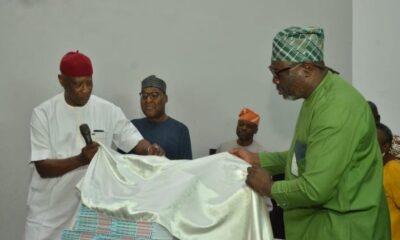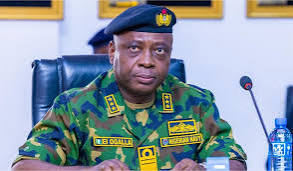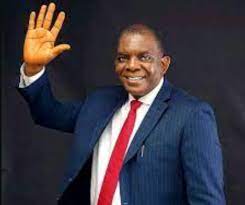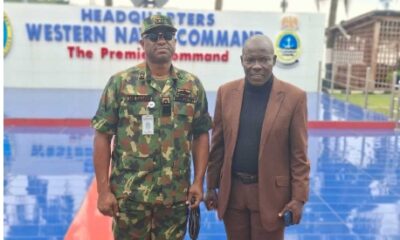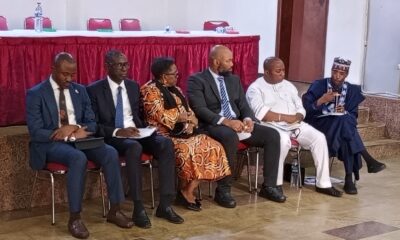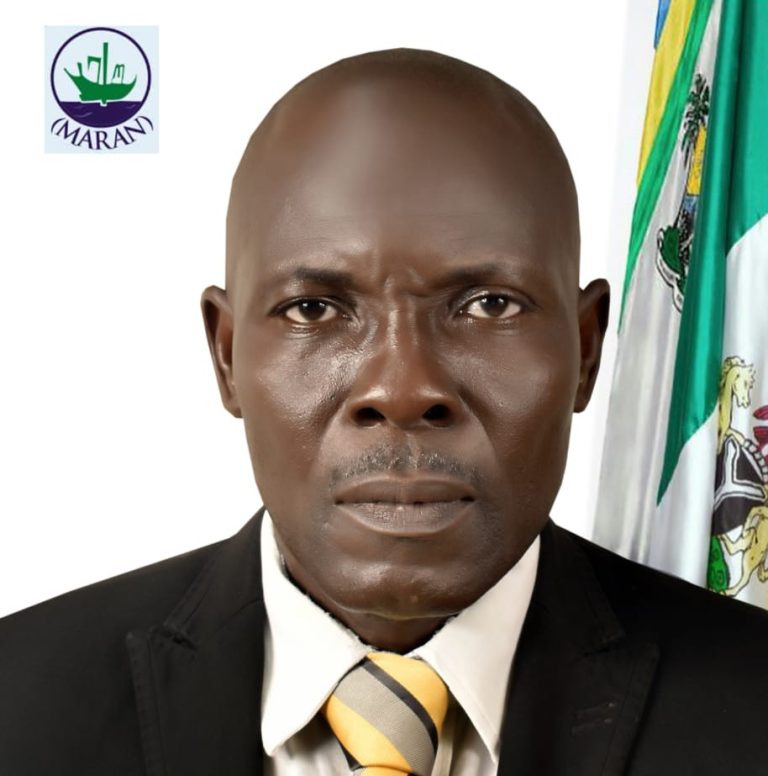Maritime
Real Reasons GOG Piracy Attacks Dropped Emerges
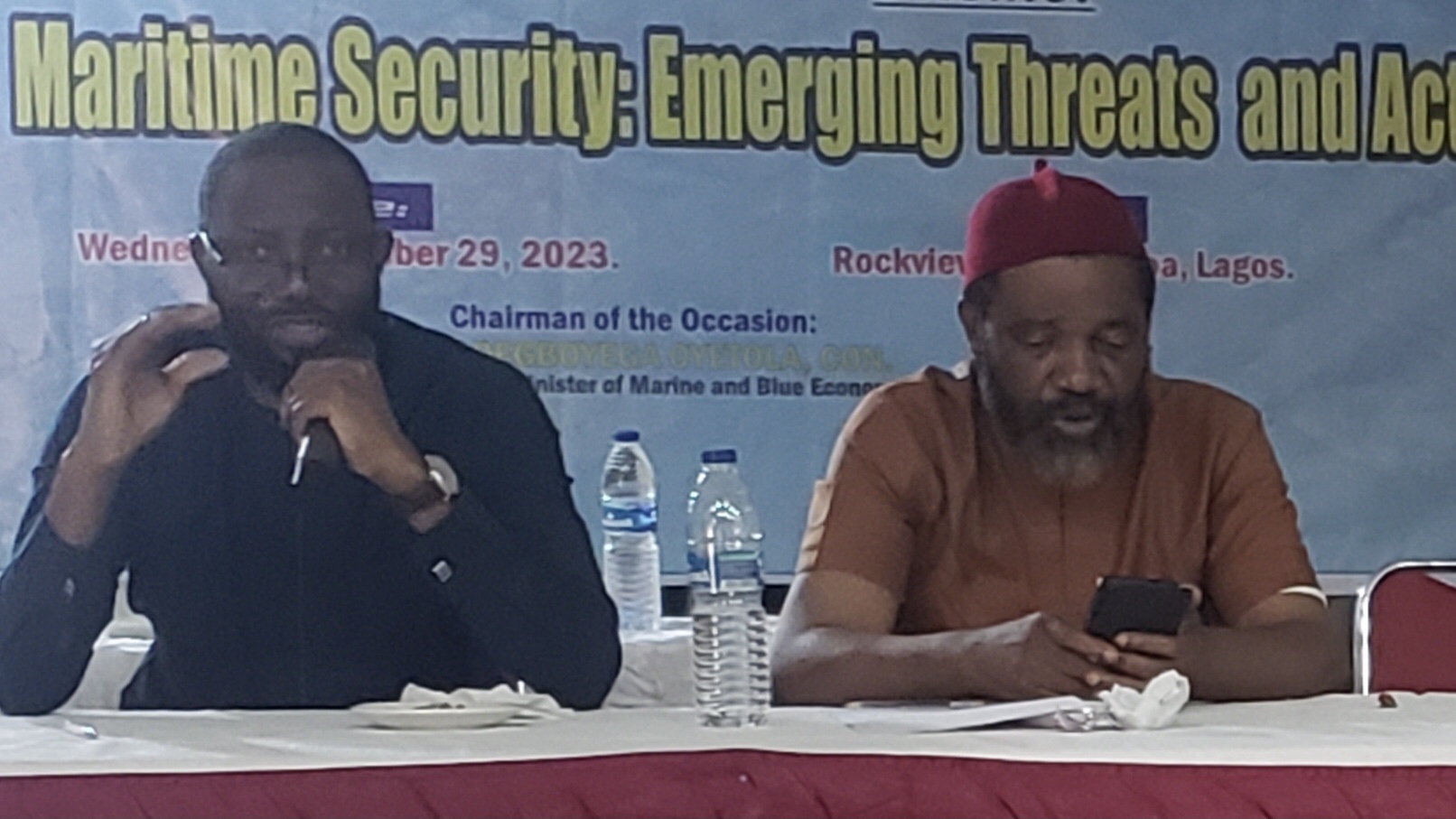
BY GBOGBOWA GBOWA
Fresh facts emerging may have provided a clearer picture and indication to the relative push down in piracy activities within the Gulf of Guinea (GOG), extending into the Nigerian territorial waters in the past two years.
Above is flowing from submissions and presentations made by maritime experts and stakeholders who gathered at the Rockview Hotel Apapa Lagos at a talk show organized by the Maritime Reporters Association of Nigeria (MARAN) to discuss the topic “Maritime Security: Emerging Threats And Actionable Steps”, last Wednesday.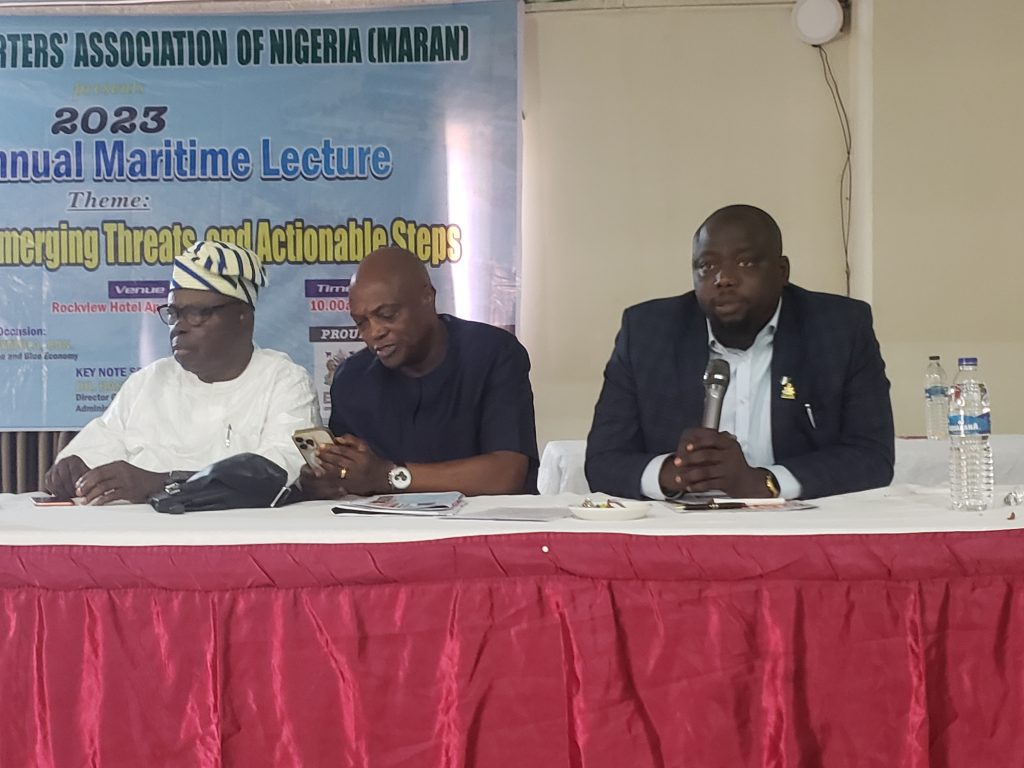
While some of the views were in agreement, others vary as to the causes of maritime threats and insecurities, and to what extent Nigeria and indeed regional governments within the GOG and their international partners are doing, collectively or separately, to bring down the challenges and menace.
Thus contrary to widespread impression largely aided by official propaganda that the Integrated National Security and Waterways Protection Infrastructure, otherwise commonly referred to as Deep Blue Project (DBP) has been responsible for the curtailment of the attacks, resort to self help by foreign merchant vessels to reportedly convert into combat structure to ward off would be pirates may have produced the relatively safe atmosphere for cargo traffic in the region of recent.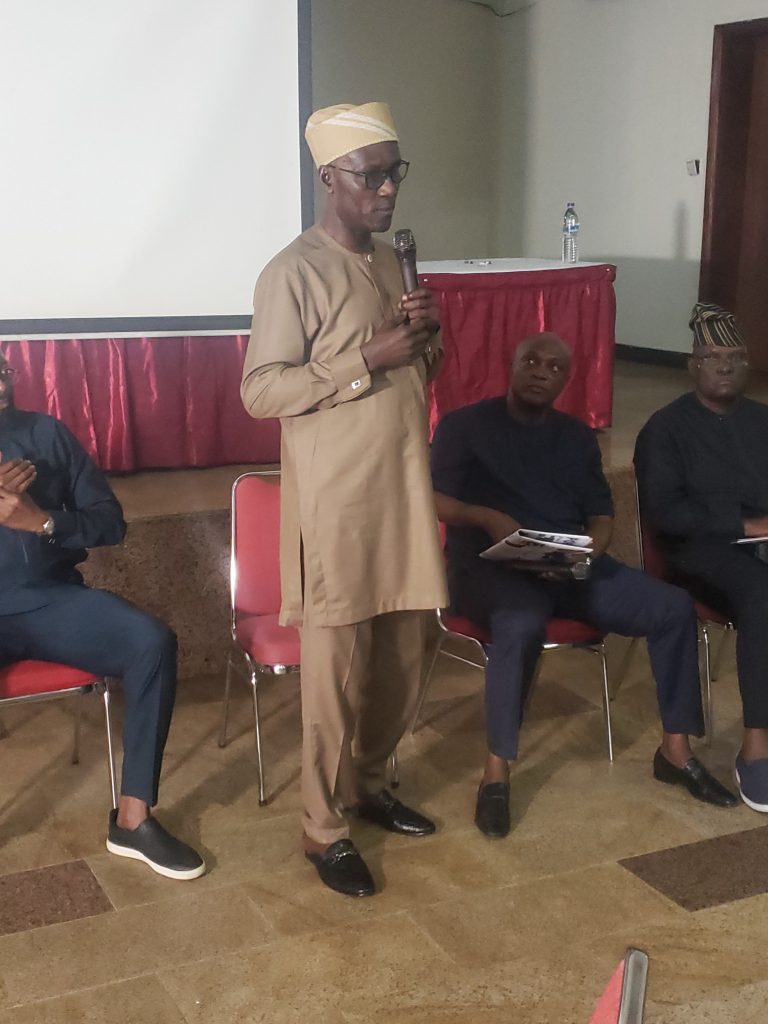
Interestingly, while relevant Nigerian authorities have laid claim to enthroning the decrease in piracy attacks and sea robberies, kidnap and ransom taking, foreign cargo ships may have been sailing into our territorial waters right into our harbor and anchorage, and eventually berthing to discharge their cargo, structured like war ships for self defence.
A panelist and paper presenter at the event, Captain Enusoh Warredi while explaining the ugly state of maritime threats and insecurity lamented that most cargo ships are now in the habit of providing both external and internal security, one of which involves temporarily reworking their ships into gun combat mode just to enjoy safe sail in and out of the GOG.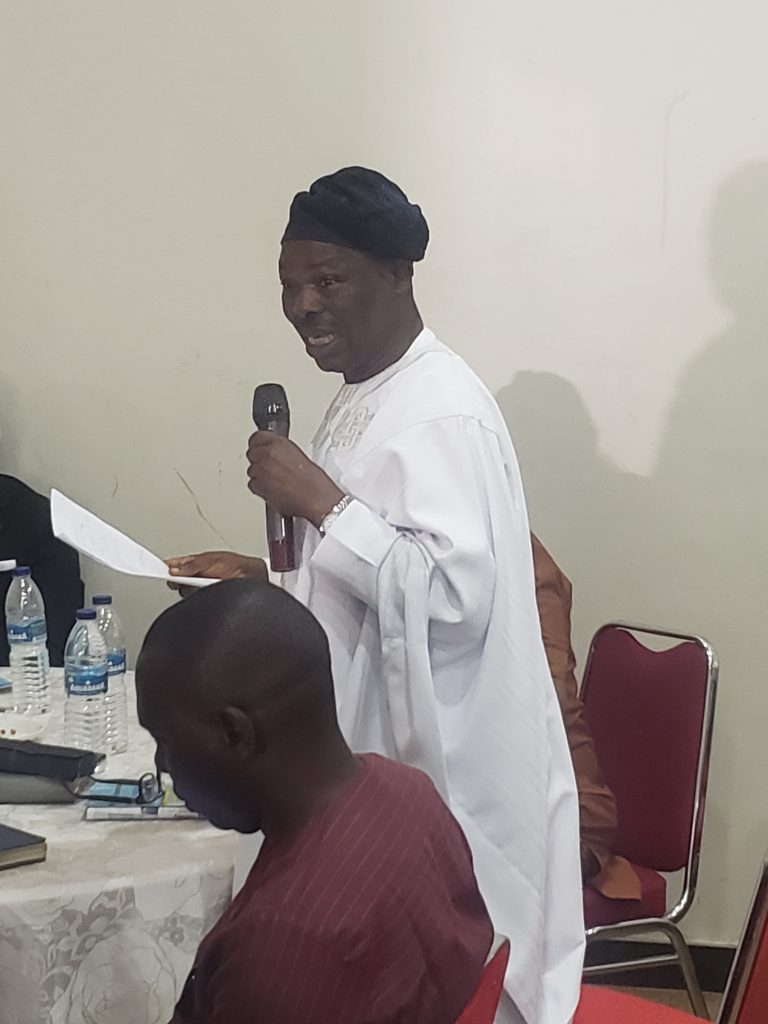
Speaking on the recent respite in attacks, Operations and Technical Support Director of Tantita Security Services Limited (TSSL) said, “One thing that is becoming a norm is that American merchant ships can be converted into warships within one hour, this is why you see that these ships are hardly attacked.
“However, as we speak today, nearly every flag have adopted this method and this is why you see the lull in piracy. There is hardly a merchant ship that is not armed and is coming into Nigerian waters.
“Some of them stopover in Ghana to load their arms before coming into Nigeria waters”, Warredi said.
However, the President of the Nigerian Association of Master Mariners, Captain Tajudeen Alao took it from a slightly different angle even as he said that maritime crime has become a big business, locally and globally.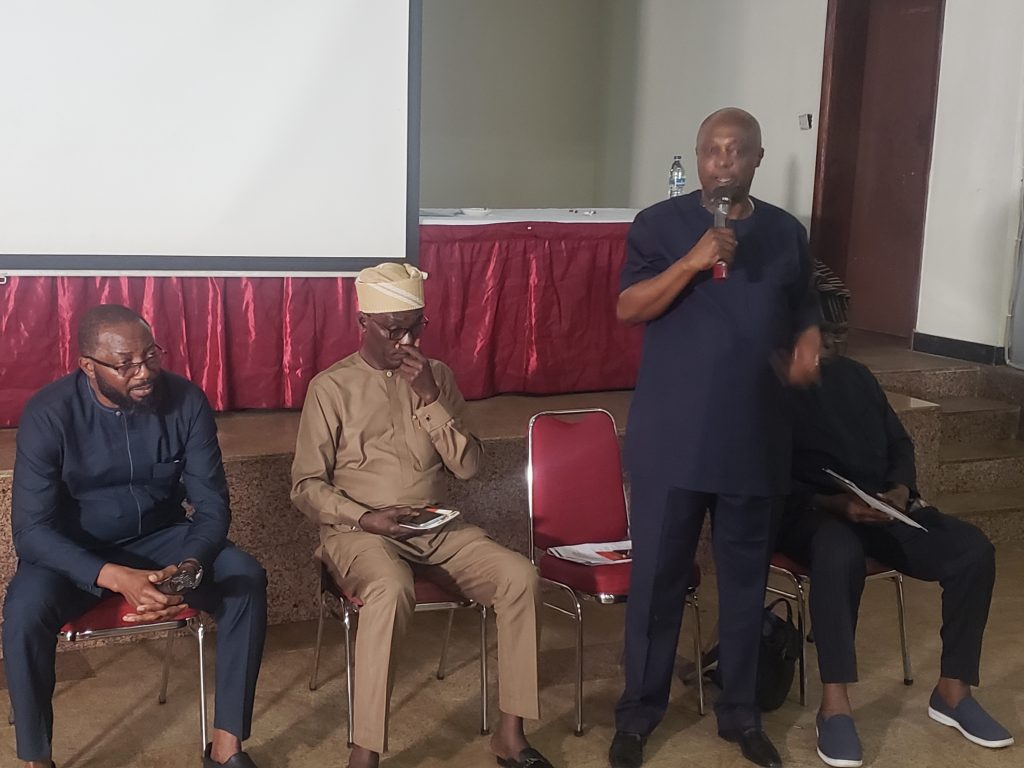
To break out of the evil circus, Alao canvassed the formation of strong legislation and efficient judicial system to achieve a firm, purposeful and real time deterrence as against the prevailing regime of corrupt and inefficient system that makes mockery of our system and administration.
“Whatever we think is the right thing to do…there must be procedures and guidelines, and once the Minister can make subsidiary legislation, it could go a long way in tackling most of these challenges. The trend now is…if you arrest a ship now engaging in illegal bunkering, you blow it up, does it make sense? The air pollution, the oil pollution, you have destroyed the fish, the periwinkles, the ecosystem.

“There are many things that we do, like my colleague said…you arrest a ship, EFCC don’t know how to manage the ship, the ship is there, they are waiting for the police to go to court, the ship becomes a wreck. Then, NPA and NIMASA will devote $2 million to salvage a ship that is not worth more than $300,000. You need a deliberate action and political will to crush crime.”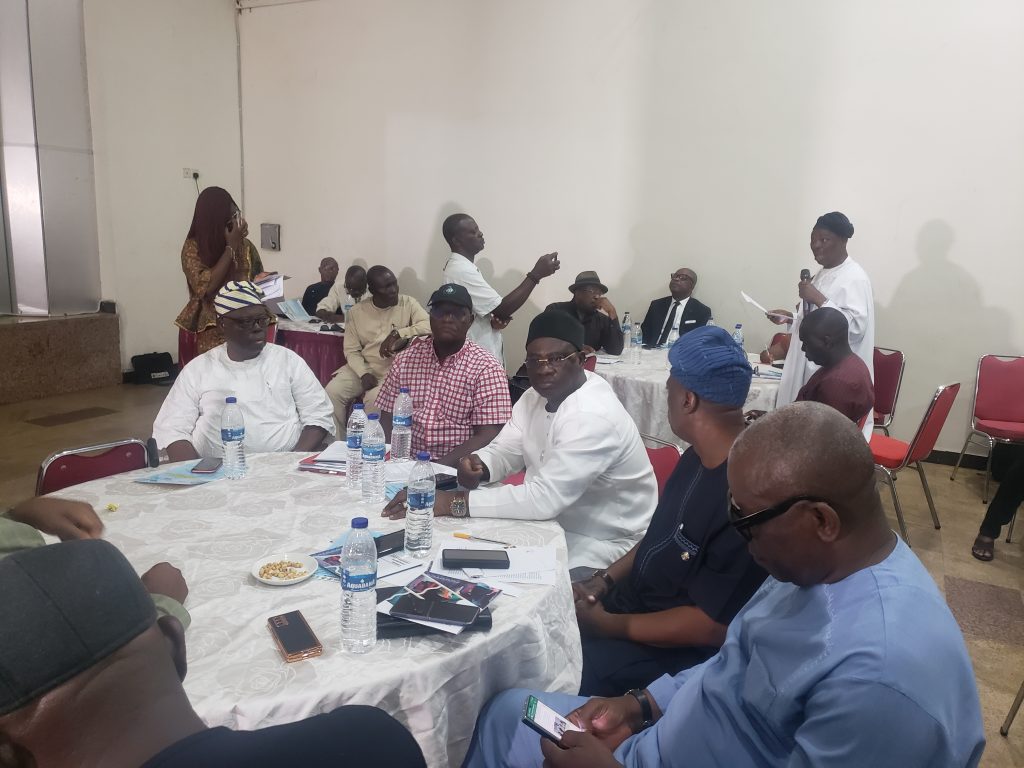
He said, “The navy cannot afford to fund maritime security just as it cannot afford to keep the ships at sea with the budget within its disposal hence it found it comfortable relying on the Nigerian Maritime Administration and Safety Agency, NIMASA to fund most of its operations.”
Articulating the challenges of maritime threats and insecurity in monetary terms, a former Director General of NIMASA, Barr. Temisan Omatseye explained that since the government of President Muhammadu Buhari stopped the existing buffer zone security arrangement otherwise known as the Security Anchorage Area (SAA) contract operated by Ocean Marine Solutions Limited (OMSL), foreign vessels now pay over $50,000 for security patrols in the country.
He lamented that the cost implication has also resulted a spike in the cost of goods, noting that SAA activities bridged above challenge and also afforded shipping lines trading in Nigerian some degree of comfort; even as he canvassed the return of SAA at an acceptable lower cost.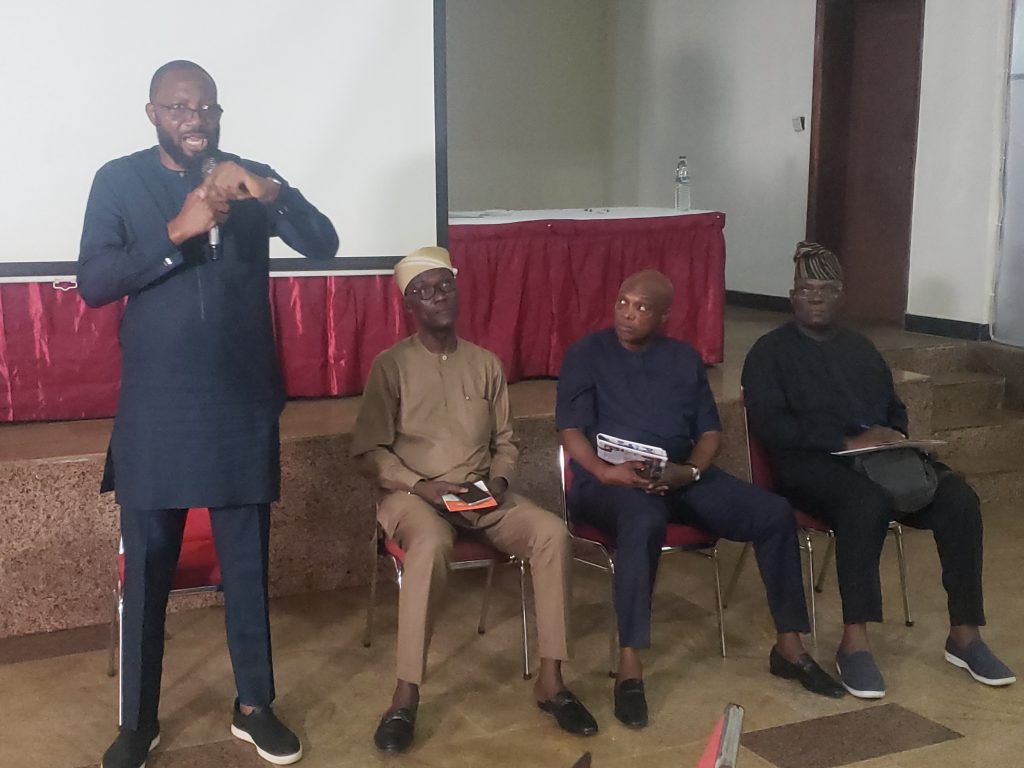
Omatseye said “That the SAA was stopped is not a problem…but it should have been replaced. A vessel coming into Nigeria right now is escorted by a patrol boat and each patrol boat that brings in that vessel is charging $10,000 per day, whether it is Maersk or MSC Shipping, that is what they are doing right now, they are being escorted.
“Coming in, they pay for three days, going out they pay for two days, all together five days right now, every shipping company pay patrol boats $50,000. What was SAA charging? They charge $2,500 per vessels for coming into the area first, while every other day they collect $1,500.
“There is no way a vessel can stay there for ten days, and worst case scenario, a vessel pays $10,000…this is not comparable to the $50,000 vessels are paying right now which is adding to the cost of goods landing in Nigeria. Nothing is free, even in Freetown. In all the imports you clear at the port, they are charging you for it.”
In his address, the President of MARAN, Mr. Godfrey Bivbere said the recurring activities of piracy attacks and related maritime security threats in the Gulf of Guinea (GoG) in the first half of 2023 was one too many the association was not not satisfied being an onlooker, and hence members resolved to undertake an informed interrogation of the menace aimed at combating the scourge through informed approach.
He added that MARAN was equally worried about the high profile illegal fishing linked to international syndicate he says hadspassed with little or no checkmate.
“MARAN is also worried about observed dissonance in the collective national effort to combat maritime economic crimes and crude oil smuggling, and call on the federal government and its relevant agencies to improve on coordination. I want to also especially call on the office of the National Security Adviser to the President, to have a firmer grip and supervision of the existing collaboration between state and non-state actors’ roles, in this regard.
“We challenge the Nigeria Government and her regional counterparts to come up with a more workable and result oriented approach to the fight against maritime insecurity in the GOG. We believe that until and unless the international syndicates involved in the menace are confronted, apprehended and regularly exposed, through international collaboration as often happens with local criminals, the situation will not achieve any purposeful deterrence.”
While applauding President Bola Ahmed Tinubu for taking direct interest in the future of the maritime industry, he appealed to the president to focus much more on maritime insecurities.
“MARAN is unequivocal in its support for President Bola Ahmed Tinubu to turn around the fortunes of the nation’s maritime domain with the establishment of the Ministry of Marine and Blue Economy, which is sector specific. We envisage that President Tinubu may consider reworking the deterrence clauses contained in the SPOMO Act, to make its intendment more purposeful and business-like.
“MARAN respectfully, wishes to further urge President Tinubu to provide an improved enabling environment for a common and united combat against maritime insecurity through effective harnessing of all available windows, both public and private sector participation.”

